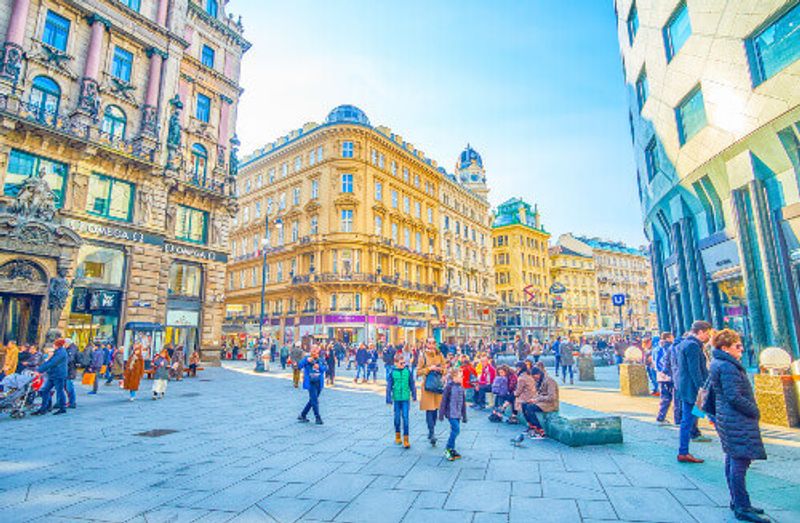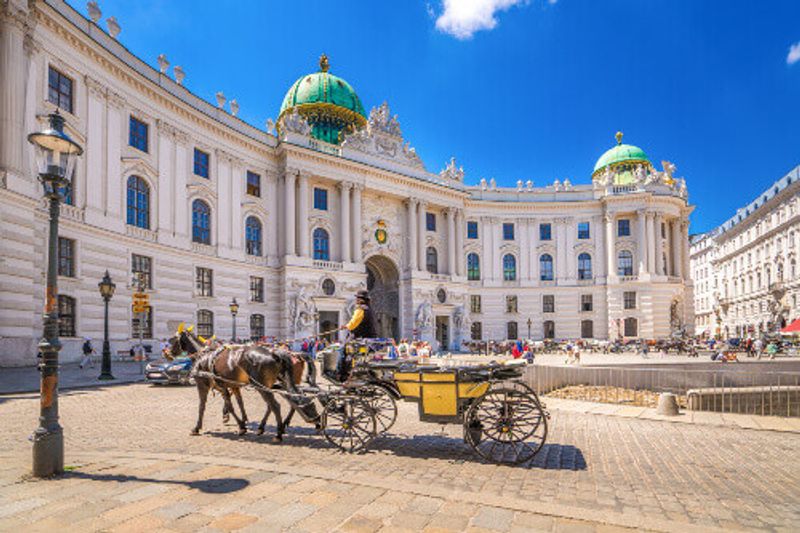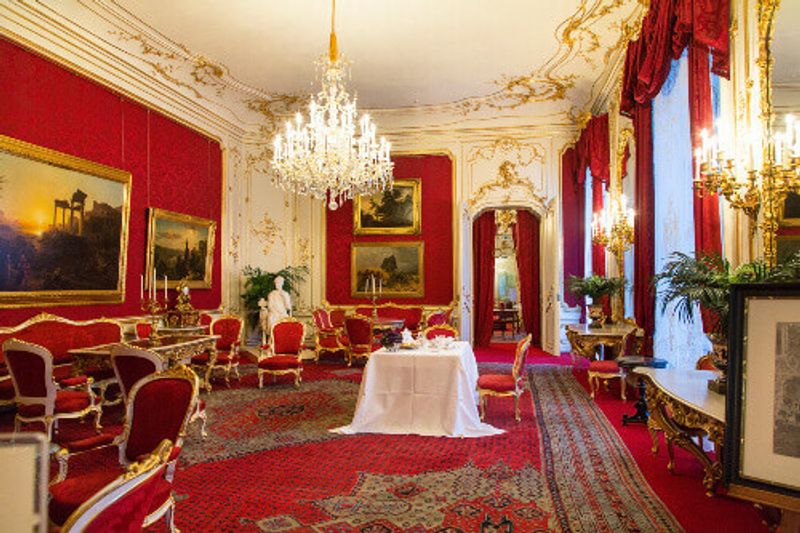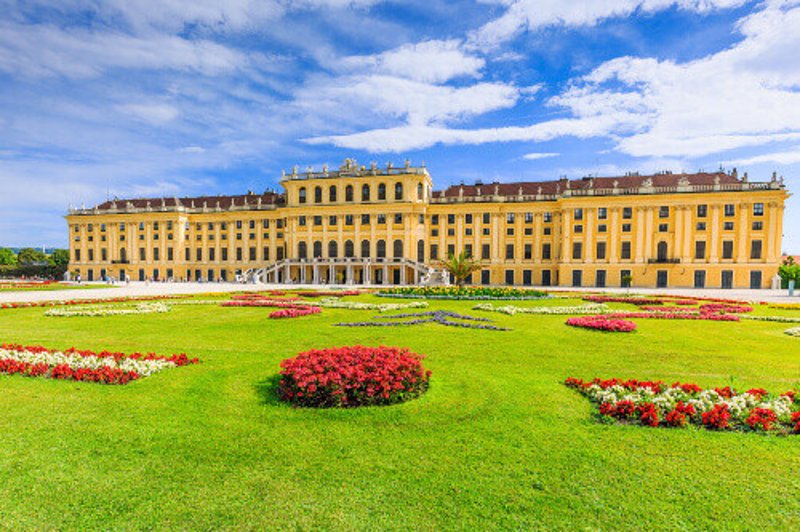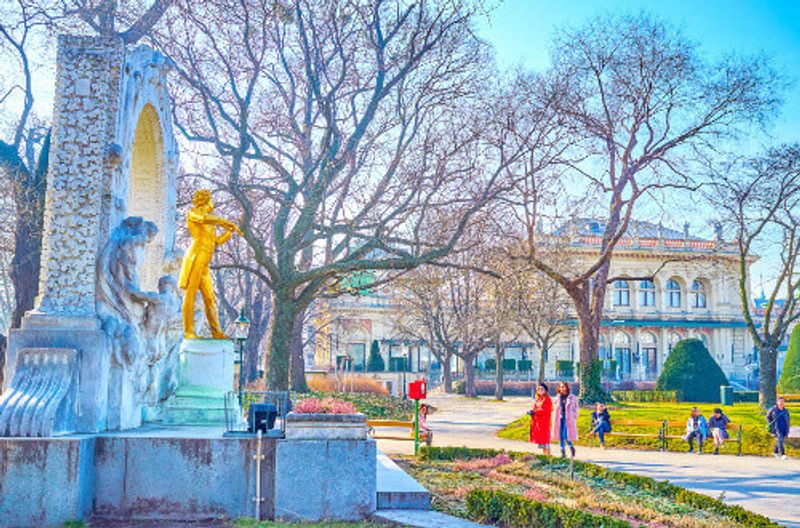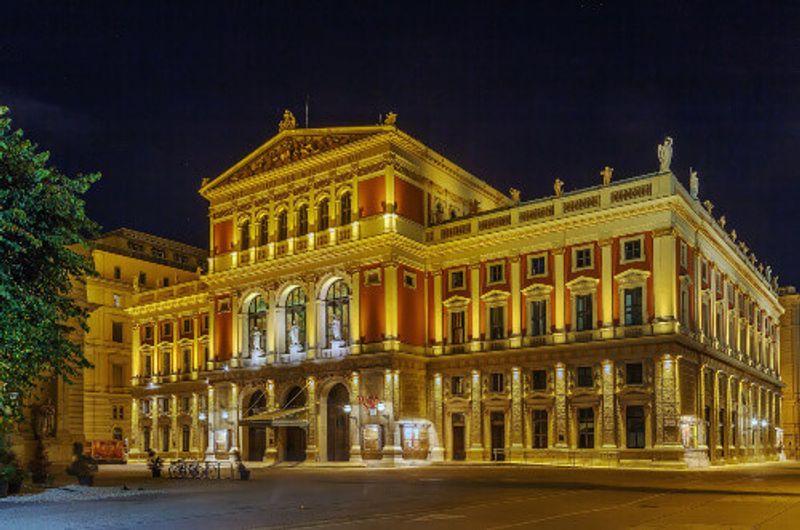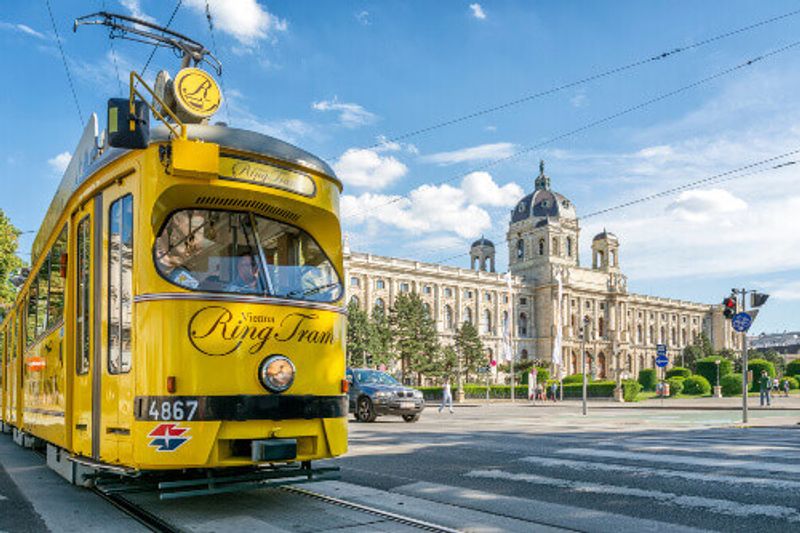From the boys choir and waltzing horses to palaces and cathedrals, the Imperial past of Vienna is impossible to ignore but it has paved the way for one of the most culturally exciting cities on earth
If much of Austria feels like a land where time stood still, then Vienna is the ultimate time capsule. Little has changed since the 18th century when glamorous ladies in flowing dresses would attend masked balls. White horses would pull gilded carriages along broad, cobbled streets, and musical notes of a harpsichord would flow from open windows as children run to church in time for choir practise.
While today the odd Starbucks may have crept in and smashed avocado might be found on a lunch menu alongside a Weiner schnitzel, little else seems to have changed in this imperial city that is choc-a-block with Baroque architecture, cobbled back streets and culture galore.
The Hapsburg monarchy was based in Vienna for over six centuries and the town is full of palaces, churches and cathedrals created by them or in their honour and the vast Hofburg Palace complex (Habsburg Imperial home from 1273-1918) is the centre of it all.
Named after the Swiss guards who used to protect the royal family, the ancient 13th century Swiss Courtyard (Schweizerhof), is the palace at its most impressive. Also dating back to the same era is the Imperial Chapel (Burgkapelle) that had a Gothic makeover in the middle 15th century as can still be seen in the vaulted wooden statuary – and is where that the world-famous Vienna Boys’ Choir Mass takes place every Sunday morning.
Also in the complex is the Spanish Riding School where the Ballet of the White Stallions is performed by the Lipizzans. These white or light grey horses are only capable of dancing along to a classical Viennese Waltz, after years of training is undertaken by both the horse and the rider. The performances take place in the Baroque-style Winter Riding School building that was commissioned by Emperor Charles VI.
Today some of the palace complex are open to the public including the Imperial Apartments (Kaiserappartements) as are a whole host of museums and offices, but sadly not that of the president of Austria’s who also has his office there to this very day.
So much of the city has been dominated by the Hapsburgs – their 1441-room opulent Summer Residence, (Schloss Schönbrunn) with its sprawling gardens and the Baroque Schloss Belvedere filled with frescoed halls and artworks – would be world beaters anywhere else but here almost blend into the incredible background of the city.
It wasn’t just the Hapsburgs that influenced the city, Vienna has been the home of classical music with Mozart, Beethoven, Shubert, Hayden and many, many more having composed, performed and lived in the city.
The cathedrals and concert halls that today’s musicians perform in, certainly can make their 18th-century counterparts proud. The Musikverein, home of the Vienna Philharmonic Orchestra, the Gothic masterpiece of the Stephansdom, the Konzerthaus with its contemporary twist and the golden gilded Opera House, are all incredible places to hear some of the best classical music of anywhere in the world.
And it’s not just music either – the city also has a thriving art scene with many museums handily located in the city’s Museums Quartier. This former imperial stables covers a huge area and includes the Kunsthalle, Architekturzentrum, Leopold Museum, MUMOK and Zoom, the children’s museum. So grab a coffee and a slice of cake at one of the plentiful cafes, bars and restaurants and take a moment to just imagine the past. It shouldn’t be too hard.
